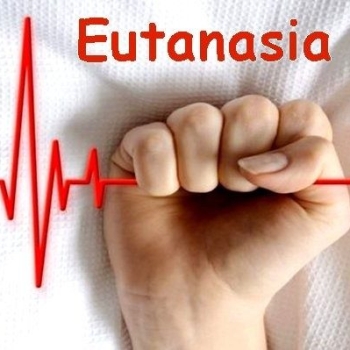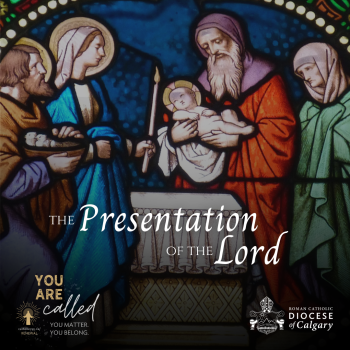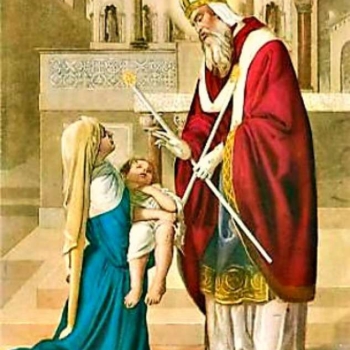On February 11, 2025, the global Catholic community will once again observe the World Day of the Sick, a day dedicated to prayer, reflection, and acts of compassion for those who are ill and for the caregivers who accompany them in their suffering. Established by Pope Saint John Paul II in 1992, this day coincides with the Feast of Our Lady of Lourdes, a fitting tribute to the healing and hope associated with the Marian shrine in Lourdes, France.
Theme for 2025: "Caring for the Whole Person"
The Vatican’s theme for this year, "Caring for the Whole Person," emphasizes the need to address the physical, emotional, and spiritual dimensions of illness. This theme reminds us that true healing goes beyond medical intervention and extends into the realm of human connection and spiritual nourishment.
In his message for the occasion, Pope Francis highlights the importance of seeing each sick person as an individual with dignity and worth, deserving of attentive care and love. He calls on healthcare professionals, families, and faith communities to prioritize compassionate service and holistic care, inspired by the example of Jesus Christ, who tended to the sick with mercy and tenderness.
The Role of Our Lady of Lourdes
The connection to Our Lady of Lourdes is profound. Since 1858, Lourdes has been a place of healing and miracles, where millions of pilgrims seek physical and spiritual restoration. The Virgin Mary appeared to Saint Bernadette Soubirous, bringing messages of prayer and repentance, and today the shrine remains a symbol of hope for the suffering.
For this reason, many parishes and dioceses mark the day with special Masses, anointing of the sick, and prayers for healing.
In our parish, we will have a special Mass dedicated to those who are sick and those who care for them. This Mass will be held on Tuesday, February 11, at 7:00 PM. We invite everyone to join us in prayer and solidarity. Please come if you can!
Gratitude for Our Parish Pastoral Care Team
I would like to extend my sincere thanks to our Parish Pastoral Care Team for the tremendous work they do in being present for those who are sick, homebound, or alone. They are truly the angels of hope for our parish, offering comfort, companionship, and love to those in need. Their dedication reflects the heart of Christ’s mission, and we are deeply grateful for their service.
A Call to Action for the Faithful
World Day of the Sick serves as a reminder of the Gospel mandate to care for the least among us. It calls us to:
- Pray for the Sick – Offer prayers for those suffering from illness and for the medical professionals who care for them.
- Visit and Comfort – Reach out to friends, family members, or parishioners who are sick or isolated. A kind word or gesture can uplift their spirits.
- Support Caregivers – Recognize the vital role of caregivers, whether professionals or family members, and offer them encouragement and practical help.
- Advocate for Healthcare Justice – Advocate for equitable access to quality healthcare for all, especially for the marginalized and underprivileged.
Events Around the World
This year, many Catholic hospitals, charities, and parishes worldwide will hold events such as health fairs, free medical check-ups, and seminars on pastoral care for the sick. In addition, Pope Francis will preside over a special Mass at the Vatican, offering prayers for those suffering in body, mind, and spirit.
Conclusion
The World Day of the Sick invites all of us, whether or not we are directly affected by illness, to deepen our commitment to love and serve one another. It challenges us to bring hope, comfort, and healing into the lives of those who suffer, following the example of Christ, who is the divine physician of both body and soul.
As we reflect on this day, may we renew our resolve to become instruments of God’s mercy, working together to build a world where every person receives the care, respect, and compassion they deserve.




_small.png)

